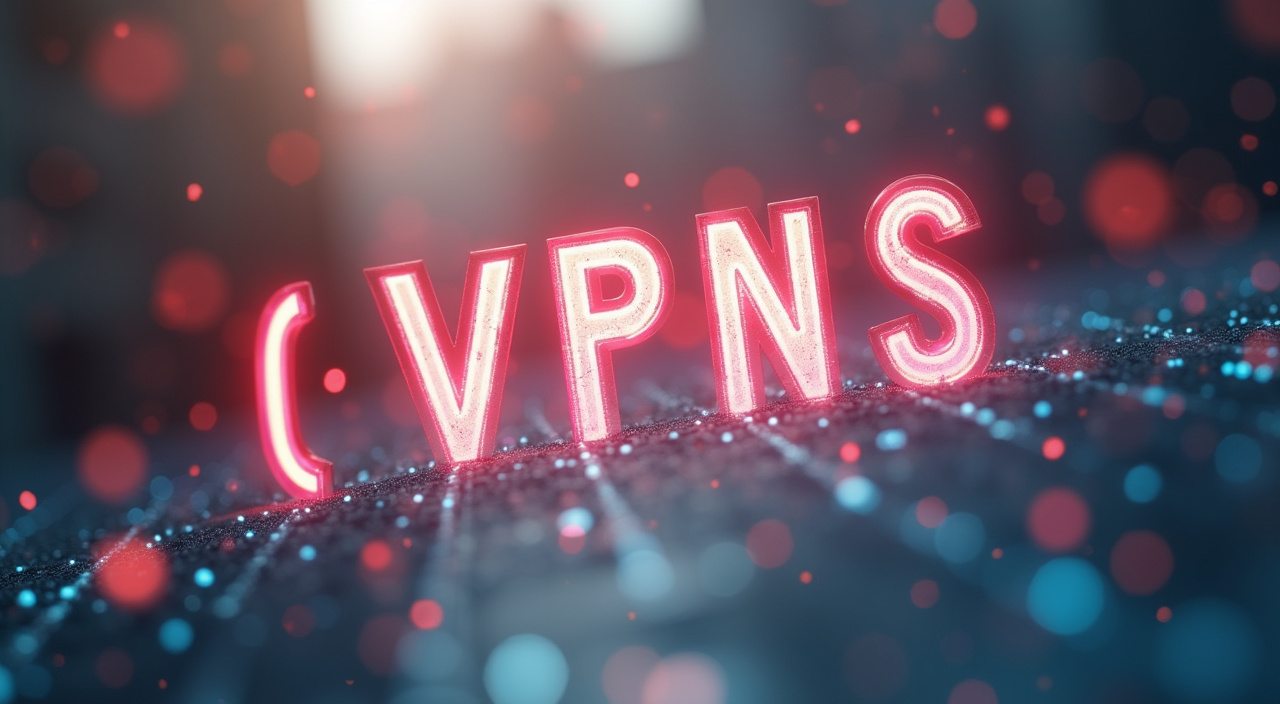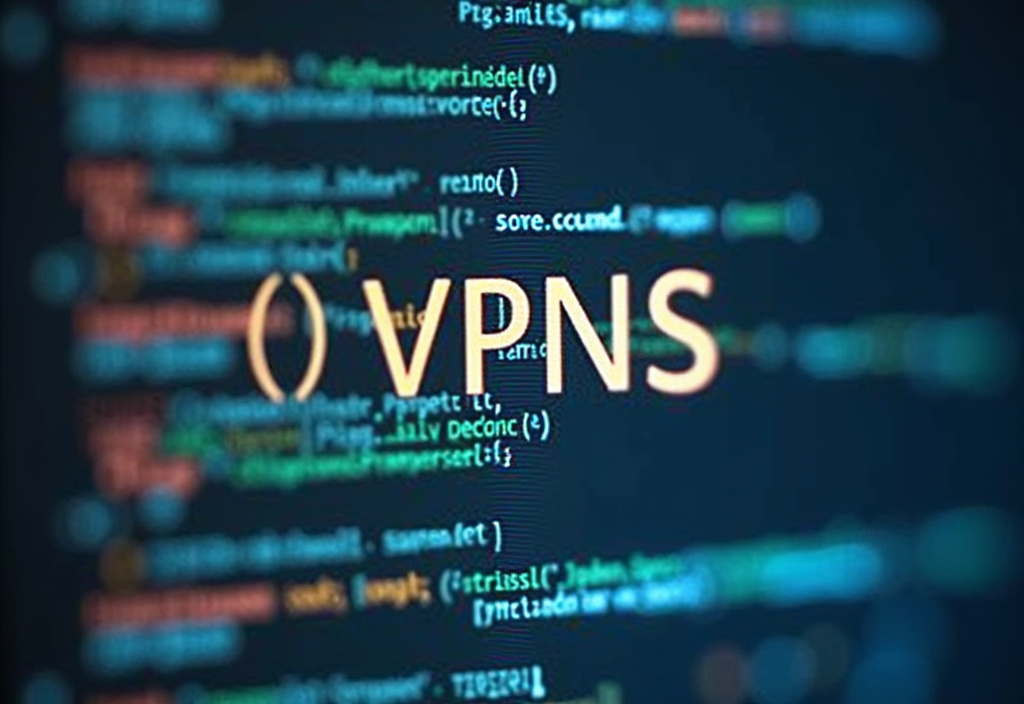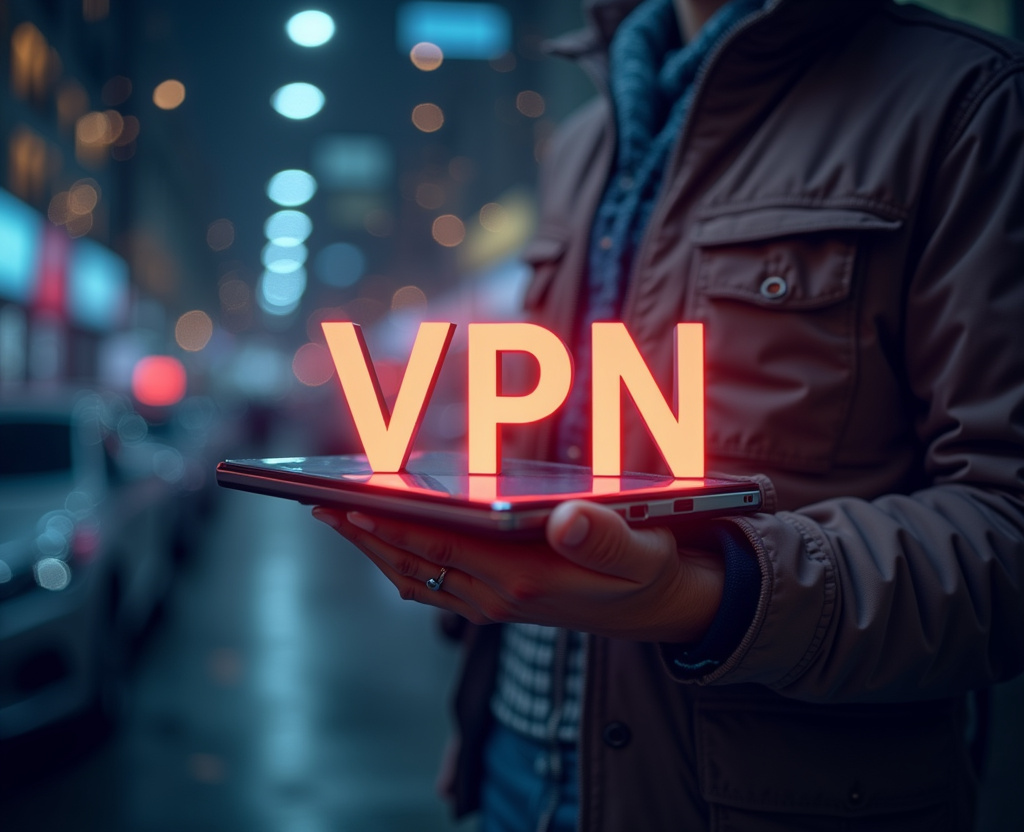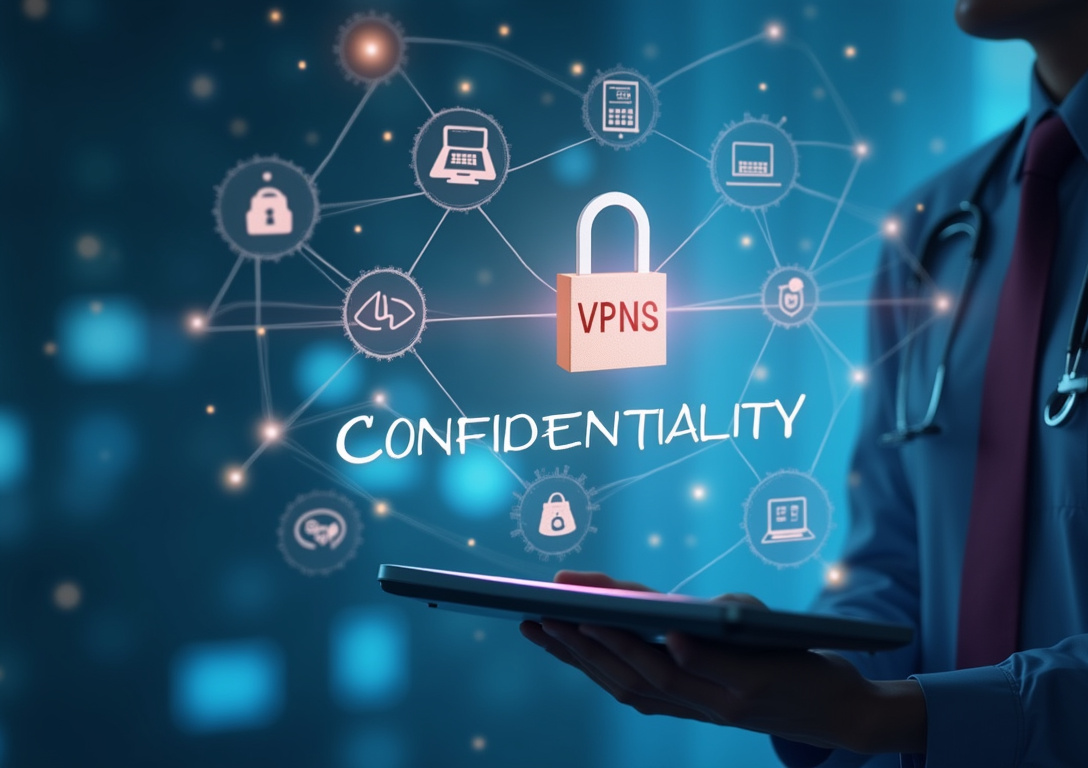Understanding Double VPN: Enhanced Privacy Explained
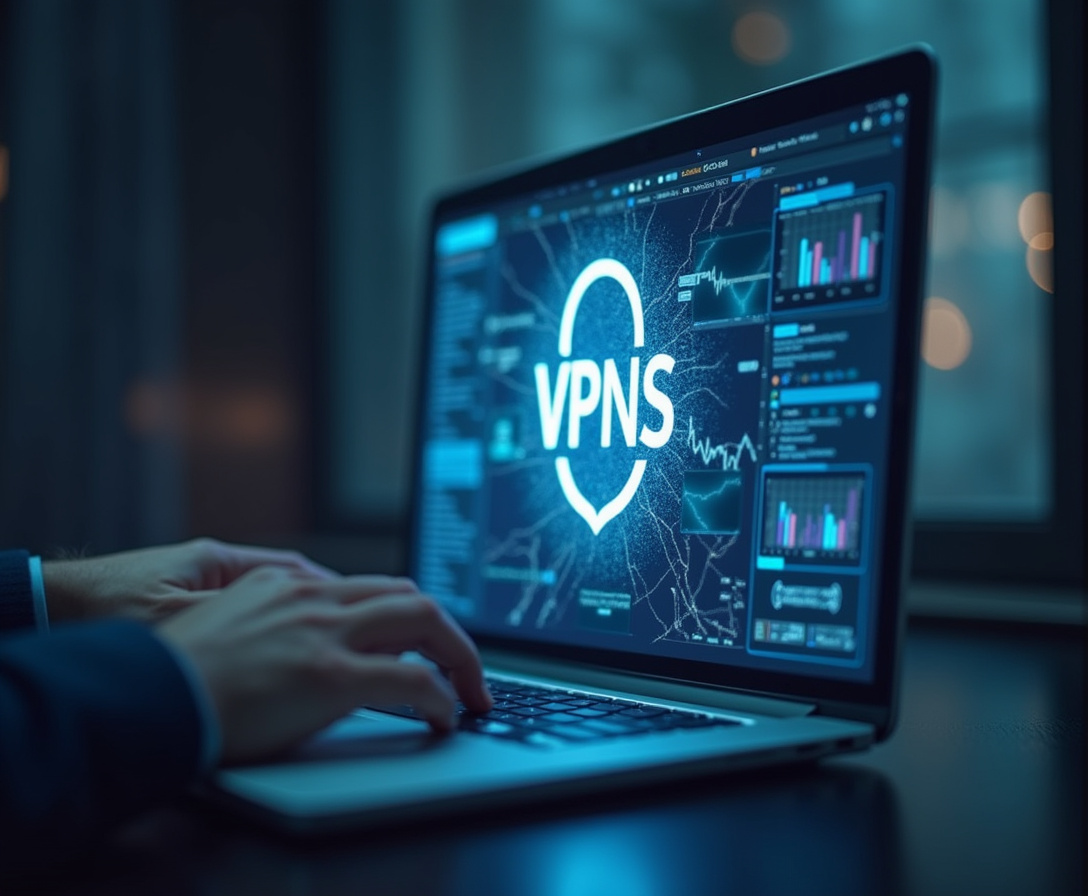
Table of Contents
Unveiling Double VPN: A Comprehensive Introduction
In today's increasingly interconnected and data-driven world, the importance of online privacy cannot be overstated. As we navigate the digital landscape, our personal information is constantly being collected, analyzed, and potentially exploited by various entities, ranging from corporations seeking to personalize advertising to governments engaging in surveillance. While awareness of these privacy concerns has grown, many individuals and organizations are seeking more robust solutions than traditional security measures offer.
Enter the Double VPN, a sophisticated approach to online privacy that elevates protection to a new level. This article delves into the world of Double VPNs, exploring what they are, how they work, and why they are gaining traction among privacy-conscious users. We aim to provide a comprehensive understanding of this enhanced security feature, enabling you to make informed decisions about its potential benefits for your online activities.
A Double VPN, at its essence, represents an enhanced iteration of the conventional Virtual Private Network (VPN). While a standard VPN encrypts your internet traffic and masks your IP address by routing it through a single server, a Double VPN takes this process a step further. It chains together two separate VPN servers, effectively doubling the encryption and IP address masking.
This cascading effect creates an exceptionally secure tunnel for your data, making it significantly more challenging for any third party to intercept or trace your online activities. Imagine your data embarking on a journey through a labyrinthine network, protected by multiple layers of encryption and concealed behind a series of IP address transformations. This analogy captures the essence of the superior security offered by a Double VPN.
The need for such enhanced privacy arises from the increasingly sophisticated surveillance techniques employed by governments, corporations, and malicious actors. Traditional VPNs, while providing a significant improvement over unprotected connections, may still be vulnerable to advanced tracking methods, such as traffic correlation analysis or server compromise. A Double VPN mitigates these risks by adding a layer of redundancy and complexity, making it exponentially more difficult to penetrate the security perimeter.
For journalists, activists, whistleblowers, and anyone handling sensitive information, the advanced security provided by a Double VPN can be invaluable. It allows them to communicate securely, access restricted content, and protect their identities from prying eyes. Similarly, businesses that handle confidential data or operate in highly regulated industries can benefit from the extra protection offered by a Double VPN, ensuring compliance with privacy regulations and safeguarding their intellectual property.
Beyond its security benefits, a Double VPN can also enhance online anonymity. By routing traffic through two different servers, it effectively obfuscates the user's true location and browsing habits. This can be particularly useful for individuals who wish to avoid targeted advertising, price discrimination, or other forms of online profiling.
In essence, a Double VPN is a tool for regaining control over your digital footprint, allowing you to navigate the internet with greater peace of mind. Throughout this article, we will explore the technical mechanics of Double VPNs, comparing them to standard VPNs, examining the potential performance trade-offs, and discussing the factors to consider when choosing a Double VPN provider. Our goal is to provide you with a comprehensive understanding of this enhanced privacy solution, empowering you to make informed decisions about whether it's the right choice for your specific needs.
We will also navigate the complexities of the privacy comparison, exploring the nuances of various services and empowering you to choose the optimal solution for your specific needs. By the end of this article, you will have a clear understanding of how Double VPNs work, their benefits, and their limitations, enabling you to take control of your online privacy and security.
How Double VPN Works: The Technical Deep Dive
The underlying mechanics of a Double VPN hinge on a process of cascading encryption and IP address masking, effectively creating a tunnel within a tunnel for your internet traffic. To fully appreciate the enhanced privacy this provides, let's dissect the journey of your data when using a Double VPN. Initially, before your data even reaches the first VPN server, it undergoes encryption.
This initial encryption scrambles your data into an unreadable format using a complex algorithm, such as Advanced Encryption Standard (AES) with a 256-bit key (AES-256), which is widely considered to be practically unbreakable. The specific encryption protocol used may vary depending on the VPN provider and your chosen settings, but the fundamental principle remains the same: to render your data unintelligible to any eavesdropper. Once encrypted, your data is then routed to the first VPN server.
This server acts as an intermediary between your device and the wider internet. When your data arrives at the first server, its original IP address, which uniquely identifies your device and location, is masked and replaced with the server's own IP address. This process effectively conceals your true location from websites and online services you visit.
From their perspective, your traffic appears to originate from the first VPN server, not your personal device. However, the journey doesn't end here. The crucial distinguishing feature of a Double VPN is that the traffic, already encrypted and masked, is then re-encrypted and routed to a second VPN server.
This second server, often located in a different geographical location than the first, repeats the process of IP address masking, assigning yet another IP address to your traffic. As a result, your data is now shielded behind two layers of encryption and concealed by two different IP addresses. It's akin to sending a package in a box, placing that box inside another, even more secure box, and then shipping it to its final destination.
To trace the origin of the traffic back to you, an attacker would need to compromise both VPN servers and break both encryption layers – a task that is exponentially more difficult than breaking through a single VPN connection. The choice of server locations for the two VPN hops is also a significant factor in the overall security of the Double VPN. Ideally, the servers should be located in different countries with strong data privacy laws and minimal government surveillance.
This minimizes the risk of your data being intercepted or accessed by law enforcement agencies. Furthermore, the use of diverse server locations can help to circumvent geographical restrictions and censorship, allowing you to access content that may be blocked in your region. It's important to note, however, that the added security of a Double VPN comes at a cost: performance.
The additional encryption and routing steps inevitably introduce some latency, which can result in slower connection speeds. This is particularly noticeable when streaming video or engaging in other bandwidth-intensive activities. Therefore, when choosing a Double VPN provider, it's essential to consider the speed and reliability of their server network.
Opting for servers that are geographically close to each other can help to minimize latency, although this may slightly reduce the security benefits of using different server locations. In conclusion, the mechanics of a Double VPN revolve around a carefully orchestrated process of cascading encryption and IP address masking. By routing your traffic through two separate VPN servers, it provides enhanced privacy and advanced security, making it significantly more difficult for third parties to intercept, trace, or censor your online activities.
While there may be some performance trade-offs, the added protection can be well worth it for individuals and organizations that prioritize online anonymity and data security.
Benefits of Double VPN: Enhanced Security and Anonymity
When delving into the security benefits of a Double VPN, it's critical to understand precisely how it elevates protection compared to a standard VPN or even a direct, unencrypted connection. The primary advantage stems from the concept of layered security. A single VPN provides a valuable shield, but vulnerabilities can still exist – perhaps a weakness in the encryption protocol, a compromised server, or a subpoena served to the VPN provider.
A Double VPN significantly mitigates these risks by introducing redundancy and complexity. Imagine a castle protected not just by one wall, but two. Breaching the first wall might be challenging, but the attackers would still face another formidable barrier.
Similarly, compromising one VPN server in a Double VPN setup only reveals the IP address of the *previous* server in the chain, not the user's true IP address. This buys valuable time and obfuscates the user's identity. The enhanced encryption is another crucial aspect.
In a Double VPN, your data is encrypted twice, using potentially different algorithms or key lengths at each stage. This makes it exponentially more difficult for attackers to decrypt the traffic. Even if they were to manage to break one layer of encryption, they would still face another layer of encryption concealing the underlying data.
This dual-layer approach substantially increases the computational resources and time required to break the encryption, rendering it impractical for most attackers. Beyond encryption, the multi-hop nature of a Double VPN provides a stronger defense against traffic correlation attacks. These attacks attempt to identify users by analyzing patterns in network traffic, such as timing, packet size, and source/destination IP addresses.
By routing traffic through two different servers in different locations, a Double VPN disrupts these patterns, making it much harder to correlate your online activity with your real-world identity. This is particularly important for individuals who are targeted by sophisticated surveillance techniques. Furthermore, a Double VPN can offer increased protection against potential logging practices by VPN providers themselves.
While reputable VPNs maintain strict no-logs policies, ensuring this is genuinely the case can be difficult to verify. With a Double VPN, even if one of the providers were to keep logs (despite their claims), the dual-server setup makes it much harder to link your activity back to your actual IP address. The separation of the connection across two independent servers from potentially different providers offers a significant degree of deniability.
However, the security benefits of a Double VPN must be considered alongside potential drawbacks, primarily the impact on performance. The added encryption and routing hops inevitably increase latency, which can lead to slower connection speeds and increased lag. This is particularly important to consider for latency-sensitive applications like online gaming or video conferencing.
The actual performance impact will depend on several factors, including the distance between the servers, the server load, and the efficiency of the VPN provider's network. Ultimately, the decision of whether to use a Double VPN is a trade-off between enhanced security and potentially reduced performance. For individuals who prioritize anonymity above all else, or who are handling highly sensitive information, the extra protection offered by a Double VPN may be worth the performance hit.
However, for everyday browsing and streaming, a standard VPN may provide an adequate level of security with less impact on connection speeds. Evaluating your specific needs and threat model is crucial in making this decision.
Double VPN vs. Single VPN: Weighing the Pros and Cons
When considering a Double VPN for enhanced security, a privacy comparison against other VPN solutions and security practices is paramount. It’s not simply about choosing the “most secure” option in a vacuum, but rather understanding how different approaches address specific threats and fit within your overall security posture. Compared to a standard, single-hop VPN, a Double VPN certainly provides a higher level of protection against sophisticated surveillance and traffic analysis techniques.
As previously discussed, the layered encryption and multi-hop routing make it significantly more difficult for attackers to trace your activity back to your real IP address. However, this enhanced security comes at the cost of performance, and it’s crucial to assess whether the extra protection is truly necessary for your particular needs. For users primarily concerned with bypassing geo-restrictions for streaming or accessing region-locked content, a standard VPN may suffice.
The added complexity of a Double VPN may not be worth the performance hit in these scenarios. Similarly, for individuals who are primarily seeking to encrypt their traffic on public Wi-Fi networks, a standard VPN typically provides an adequate level of security. On the other hand, when compared to using no VPN at all, both single and Double VPNs offer substantial improvements in privacy and security.
An unencrypted connection exposes your data to eavesdropping on public Wi-Fi, allows your ISP to track your browsing history, and reveals your IP address to every website and online service you visit. A VPN, even a single-hop one, encrypts your traffic, masks your IP address, and prevents your ISP from monitoring your online activity. In terms of alternatives, technologies like Tor (The Onion Router) also offer enhanced anonymity through a multi-hop routing system.
However, Tor is typically much slower than a Double VPN due to its decentralized and volunteer-run network. While Tor may be suitable for certain high-security applications, it’s generally not practical for everyday browsing or streaming. Another alternative to consider is using a combination of a VPN with other privacy-enhancing tools, such as a privacy-focused browser (e.g., Brave, Firefox with privacy extensions), a secure email provider (e.g., ProtonMail, Tutanota), and a password manager.
These tools can complement a VPN by addressing different aspects of online privacy and security. Ultimately, the best approach to online security is a holistic one that encompasses multiple layers of protection. A Double VPN can be a valuable component of such a strategy, but it shouldn’t be viewed as a silver bullet.
It’s important to carefully assess your specific needs, threat model, and risk tolerance when deciding whether a Double VPN is the right choice for you. In addition to the technical aspects, it’s also crucial to consider the legal and regulatory environment in which the VPN provider operates. Choosing a provider based in a country with strong data privacy laws can help to ensure that your data is protected from government surveillance and data breaches.
Furthermore, it’s essential to review the VPN provider’s privacy policy and terms of service to understand how they handle your data and what measures they take to protect your privacy. Look for providers that have a strict no-logs policy and that have been independently audited to verify their security practices. Remember, even the most technically secure VPN is only as trustworthy as the provider that operates it.
Researching the provider's reputation and track record is an essential step in ensuring your online privacy and security. Careful privacy comparison is key to making an informed decision.
In conclusion, understanding Double VPNs requires a multifaceted approach, balancing the potential for enhanced privacy with the practical considerations of performance and usability. This advanced security measure offers a significant step up in protection compared to standard VPNs, particularly for individuals and organizations facing sophisticated surveillance threats or handling highly sensitive information. The dual-layered encryption and multi-hop routing inherent in a Double VPN create a formidable barrier against traffic analysis, IP address tracking, and potential server compromises.
By routing your internet traffic through two separate VPN servers, you effectively obfuscate your online activities and make it exponentially more difficult for third parties to trace your digital footprint back to your real-world identity. However, it's crucial to acknowledge that the added security of a Double VPN comes at a cost. The performance impact, primarily in the form of increased latency and reduced connection speeds, can be noticeable, particularly for bandwidth-intensive applications.
Therefore, the decision of whether to use a Double VPN should be based on a careful assessment of your individual needs, threat model, and risk tolerance. For everyday browsing and streaming, a standard VPN may provide an adequate level of security without significantly impacting performance. However, for journalists, activists, whistleblowers, or anyone handling confidential data, the enhanced privacy and advanced security offered by a Double VPN can be invaluable.
When choosing a Double VPN provider, there are several key factors to consider. First and foremost, it's essential to select a provider with a proven track record of security and reliability. Look for providers that use strong encryption protocols, maintain a strict no-logs policy, and have been independently audited to verify their security practices.
The geographical locations of the VPN servers are also an important consideration. Ideally, you should choose servers located in countries with strong data privacy laws and minimal government surveillance. Furthermore, it's important to consider the provider's network infrastructure and server capacity.
A robust network with high-speed servers is essential for minimizing the performance impact of using a Double VPN. Finally, it’s important to consider the user-friendliness of the VPN client and the availability of customer support. A well-designed client can make it easier to configure and manage your Double VPN connection, while responsive customer support can be invaluable for resolving any issues that may arise.
In the realm of privacy comparison, Double VPNs stand out as a powerful tool for enhancing online anonymity and security. However, they are not a silver bullet, and it's important to consider them as part of a holistic security strategy that includes other privacy-enhancing tools and practices. By carefully evaluating your needs, threat model, and risk tolerance, and by choosing a reputable and reliable VPN provider, you can leverage the power of Double VPNs to protect your online privacy and security in an increasingly data-driven world.
Ultimately, the decision to use a Double VPN is a personal one. By understanding the mechanics, benefits, and limitations of this advanced security feature, you can make an informed choice that aligns with your individual needs and priorities. Embrace the power of knowledge and take control of your online privacy in the digital age.
Stay Updated
Get the latest VPN news, tips, and exclusive deals to your inbox.
